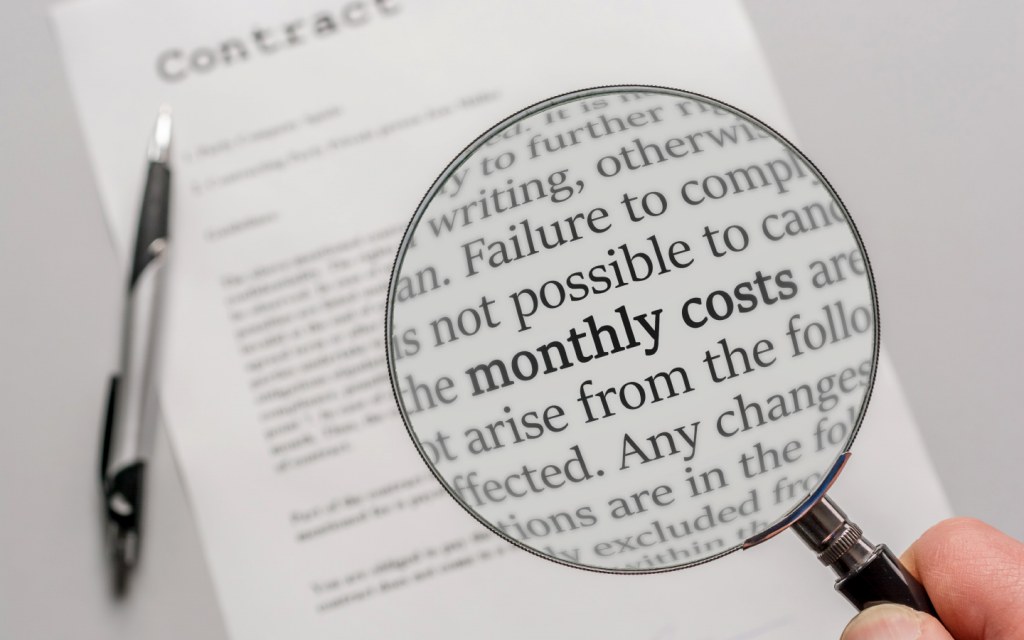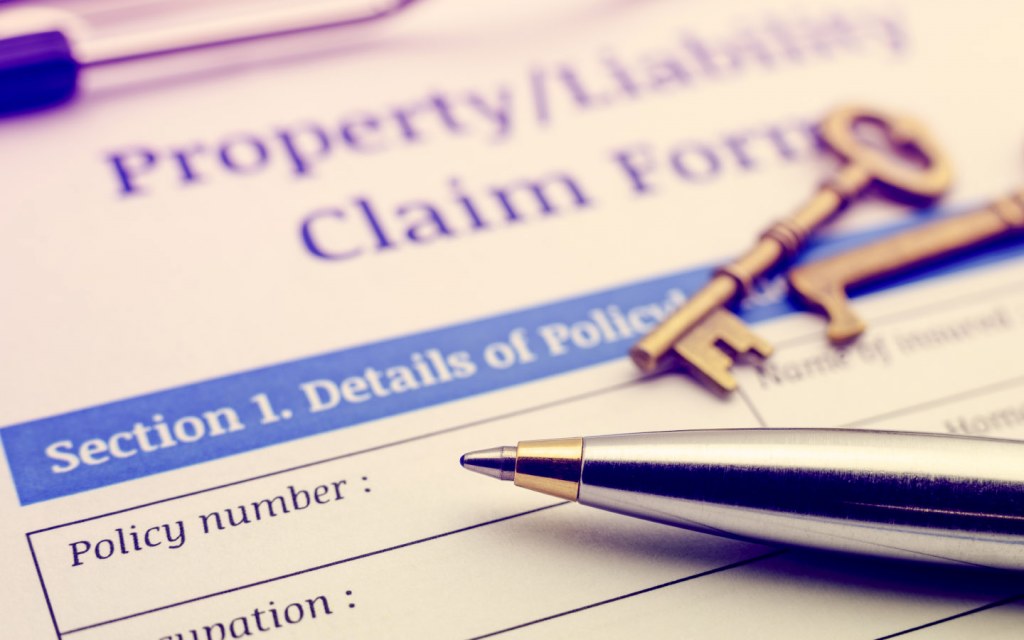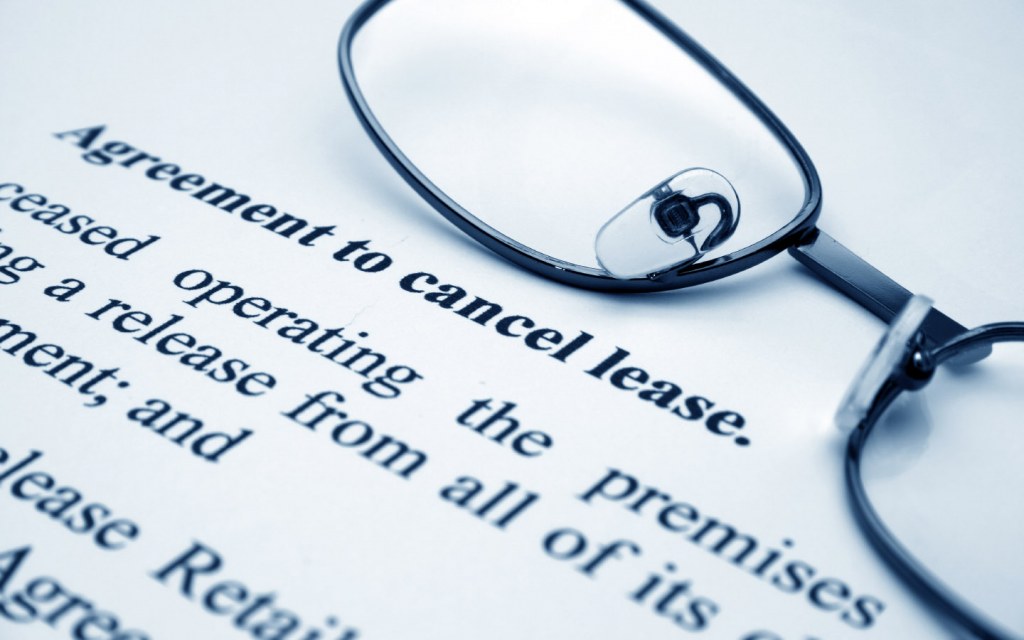Once the search for the perfect rental property is complete, most tenants are eager to sign the lease and move into their new home. Don’t rush this decision, though! There are a number of things that need to be verified before you sign on the dotted line, and we’re here to discuss the most important things to consider before signing a tenancy agreement.
Essential Considerations for Signing a Rental Lease

Since you’ve already found the place you want to rent, the next step is to keep some critical factors in mind before signing a tenancy agreement, especially during the final negotiations with your potential landlord. Here are some of the things you should check before signing tenancy agreements:
- Do Not Rush the Decision
- Read the Fine Print
- Get Everything in Writing
- Clarify All Monetary Matters
- Negotiate on the Rental Rate
- Discuss Utilities and Their Charges
- Determine Policies about Damage and Repair
- Find Out about Late Rent Payment Penalties
- Understand Lease Termination Clauses
- Be Aware of Lease Renewal Procedures
Below is a detailed explanation of the points you should consider before signing tenancy agreements.
1. Do Not Rush the Decision
First things first; do not make the decision to sign a rental lease in a hurry. Yes, you’ve found the perfect place, and you don’t want someone else taking it before you do, but that does not justify rushing this decision. Inspect the location, the property, the neighbourhood, the landlord’s background, and the rental contract thoroughly before you sign on the dotted line.
2. Read the Fine Print

The tenancy agreement defines all the terms and conditions that both the tenant and the landlord have to adhere to, for the duration of the tenancy. This makes it essential to read the fine print on the contract and to clarify the generic clauses included in the contract. While you should never sign any agreement without reading it, it is doubly important for rental contracts since you just might end up paying for all possible repairs and damages to the property, which is something you probably did not bargain for. Do not get stuck with terms that are not acceptable to you as a tenant.
From moving in and moving out dates to repair and damage policies; from the basic contact information of the landlord to the initial deposit and the monthly rent; read and clarify every aspect of your tenancy agreement before signing it. Discuss the available utilities and their bill payments as well.
3. Get Everything in Writing
You have a chat with your landlord, and they agree to let you pay your rent on the 5th of every month after you get your paycheck. Or maybe, you come to an agreement that you can call them up for any urgent repairs and that they will tackle them on their own. Regardless of how supportive and cooperative your landlord is, make sure that all such verbal agreements are present in writing before you sign the tenancy agreement.
The reason is simple. A rental property owner might be willing to make big promises to fulfil a vacancy and might not deliver on them when actually required. Thus, you need to have everything in black and white so you can hold your landlord accountable for their word when the need arises.
4. Clarify All Monetary Matters

There are a lot of financial concerns associated with renting a property. The initial deposit, the monthly rent, the monthly utility bills, the late rent penalties and the urgent repair costs are just some of the most important matters that require a thorough discussion between you and the rental property owner.
5. Negotiate on the Rental Rate
One important point to clarify is the rental rate of the property. Will the rent remain stable for the entirety of the lease? Will it change on a 6-monthly basis? At what percentage or rate will the rent be increased? This will help you determine how affordable the rental unit will be for you down the road.
6. Discuss Utilities and Their Charges
Utility charges and policies differ for every rental unit as per the landlord’s preference. Some rental property owners prefer to charge a lump sum amount included in the rent to accommodate the utility bills, while others state that it is the tenant’s responsibility to the pay the bills every month. Gas, water and electricity are three of the principal utilities offered in Pakistan in any property, and you should clarify what your landlord’s stance is on the payment of utility bills before you seal the deal.
7. Determine Policies about Damage and Repair

What happens if a pipe bursts in the bathroom? Is it the landlord’s responsibility? What about when you accidentally break the bathroom mirror? Who’s responsible for replacing it? Repair and damage policies are generally clearly specified in every tenancy agreement, and they must be read and discussed before making a decision. You should know exactly when you’re supposed to call your landlord for repairs and when damage needs to be charged out of your pocket.
8. Find Out about Late Rent Payment Penalties
Most rental property owners offer a grace period for late rent payments. This grace period is for emergencies only though, and you should always try to pay your rent on time. So, what happens if the grace period expires without the landlord receiving their dues? Well, in most cases, there is a late rent payment penalty applicable, which is charged on a per-day basis. Make sure you are clear about any penalties beforehand.
9. Understand Lease Termination Clauses

What if you want to terminate the lease before the year is up? There are a number of reasons why tenants move out of rentals and if you absolutely cannot continue living in the current property, what is the procedure of informing your landlord about the matter? Clarify how much of a notice you need to provide, what security deposit deductions you might face, what state the rental unit should be in when you move out, and how long will it take to process and return the remaining security deposit.
10. Be Aware of Lease Renewal Procedures
While it seems a bit pre-emptive to be discussing this one while signing a rental agreement, it is best to discuss the future renewal of the lease. On the off chance that you love residing in that particular neighbourhood and rental unit, you might want to renew the rental lease a year later. Discuss all related terms and conditions accordingly.
Remember that these points can only help you if you consider them before signing a tenancy agreement. Aside from these, you will also have to determine whether you are signing a rental agreement with the right landlord before you accept all the terms and conditions mentioned on the rental contract.
For more property-based blogs, stay tuned to Zameen Blog, the leading property blog portal in Pakistan.



